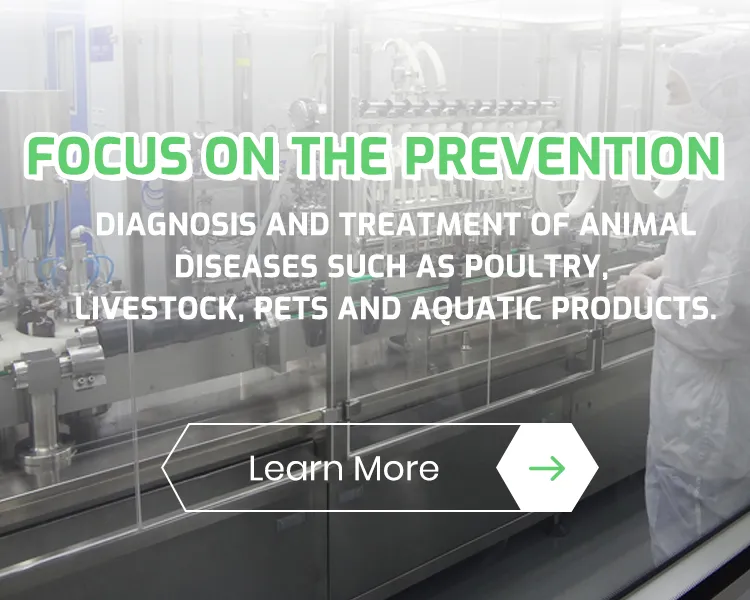- Afrikaans
- Albanian
- Amharic
- Arabic
- Armenian
- Azerbaijani
- Basque
- Belarusian
- Bengali
- Bosnian
- Bulgarian
- Catalan
- Cebuano
- Corsican
- Croatian
- Czech
- Danish
- Dutch
- English
- Esperanto
- Estonian
- Finnish
- French
- Frisian
- Galician
- Georgian
- German
- Greek
- Gujarati
- Haitian Creole
- hausa
- hawaiian
- Hebrew
- Hindi
- Miao
- Hungarian
- Icelandic
- igbo
- Indonesian
- irish
- Italian
- Japanese
- Javanese
- Kannada
- kazakh
- Khmer
- Rwandese
- Korean
- Kurdish
- Kyrgyz
- Lao
- Latin
- Latvian
- Lithuanian
- Luxembourgish
- Macedonian
- Malgashi
- Malay
- Malayalam
- Maltese
- Maori
- Marathi
- Mongolian
- Myanmar
- Nepali
- Norwegian
- Norwegian
- Occitan
- Pashto
- Persian
- Polish
- Portuguese
- Punjabi
- Romanian
- Russian
- Samoan
- Scottish Gaelic
- Serbian
- Sesotho
- Shona
- Sindhi
- Sinhala
- Slovak
- Slovenian
- Somali
- Spanish
- Sundanese
- Swahili
- Swedish
- Tagalog
- Tajik
- Tamil
- Tatar
- Telugu
- Thai
- Turkish
- Turkmen
- Ukrainian
- Urdu
- Uighur
- Uzbek
- Vietnamese
- Welsh
- Bantu
- Yiddish
- Yoruba
- Zulu
8 月 . 15, 2024 11:54 Back to list
Effective Treatments and Remedies for Eliminating Whipworm Infections in Human Hosts
What Kills Whipworms in Humans?
Whipworms, scientifically known as *Trichuris trichiura*, are intestinal parasites that primarily affect humans, leading to a disease known as trichuriasis. These whip-like worms inhabit the human large intestine and can cause various gastrointestinal symptoms, including diarrhea, abdominal pain, and in severe cases, malnutrition. A critical aspect of managing whipworm infections is understanding what kills these parasites within the human body.
Understanding Whipworms and Their Life Cycle
Whipworms thrive in areas with poor sanitation where contaminated soil or food can lead to human infection. The eggs of whipworms are expelled in feces and must mature in the soil before they can infect another human. When ingested, these eggs hatch in the intestine, and the larvae develop into adult worms that can live for several years. It’s important to tackle these parasites not just through medication but by improving hygiene and sanitation practices to curb reinfection.
Medical Treatments for Whipworm Infection
The primary treatment for whipworm infections includes the use of anthelmintic medications, which are specifically designed to kill parasitic worms
. The most commonly used anthelmintics for whipworm infections include1. Mebendazole This is the first-line treatment for trichuriasis. Mebendazole works by inhibiting the worms' ability to absorb glucose, leading to their eventual death. A typical course involves administering a dose of 100 mg twice daily for three days.
2. Albendazole Similar to mebendazole, albendazole is effective against a wide range of helminthic infections, including whipworms. It primarily works by interfering with the parasite's energy metabolism. Typically, a single dose of 400 mg is sufficient to treat whipworm infections effectively.
what kills whipworms in humans

3. Ivermectin While ivermectin is commonly used for other types of parasitic infections, it is not generally considered a primary treatment for whipworms. However, it may be used in certain cases, particularly in co-infections.
Preventative Measures and Hygiene
In addition to medication, preventive measures play a crucial role in controlling whipworm infections. Improving sanitation, such as providing clean water, proper sewage disposal, and educating communities about hygiene practices, can greatly reduce the risk of reinfection. Washing hands thoroughly before eating or preparing food, as well as teaching children about hygiene, is essential in breaking the lifecycle of whipworms.
Addressing Nutritional Deficiencies
Whipworm infections can lead to significant nutritional deficiencies, especially in children. The presence of whipworms can inhibit the absorption of nutrients and result in anemia and other health issues. In areas where whipworm infections are prevalent, addressing malnutrition and providing appropriate dietary interventions can enhance the effectiveness of medical treatments.
Conclusion
Whipworms in humans can be effectively managed and treated through the use of anthelmintic medications like mebendazole and albendazole. Nevertheless, successful management goes beyond medication and requires community-wide preventive measures focusing on sanitation and hygiene. By addressing both treatment and prevention, we can significantly diminish the prevalence of whipworm infections and improve overall public health. Awareness and education about these parasites are crucial steps toward a healthier future, especially in communities where the risk of infection remains high.
-
The Power of Radix Isatidis Extract for Your Health and Wellness
NewsOct.29,2024
-
Neomycin Sulfate Soluble Powder: A Versatile Solution for Pet Health
NewsOct.29,2024
-
Lincomycin Hydrochloride Soluble Powder – The Essential Solution
NewsOct.29,2024
-
Garamycin Gentamicin Sulfate for Effective Infection Control
NewsOct.29,2024
-
Doxycycline Hyclate Soluble Powder: Your Antibiotic Needs
NewsOct.29,2024
-
Tilmicosin Premix: The Ultimate Solution for Poultry Health
NewsOct.29,2024













